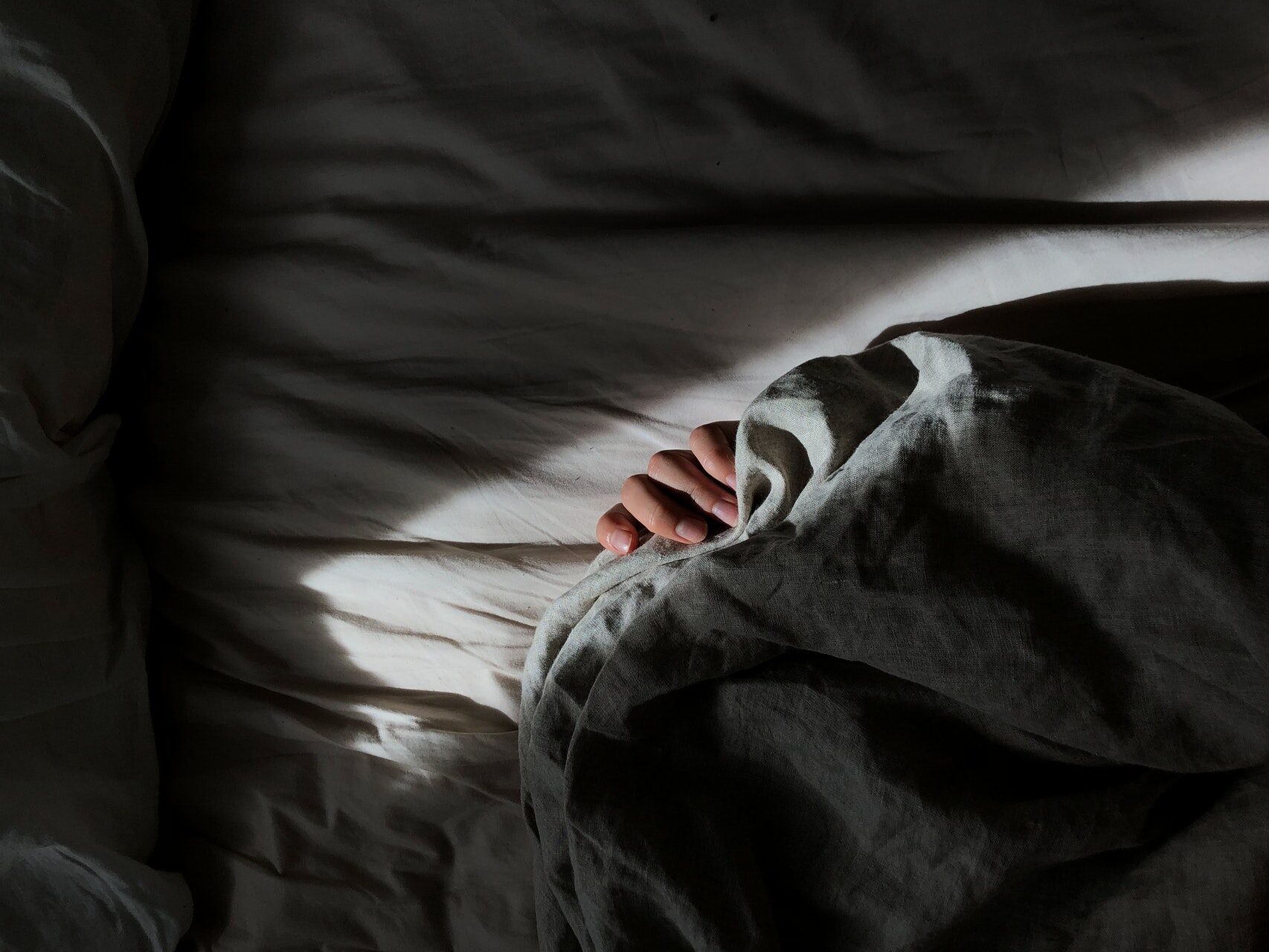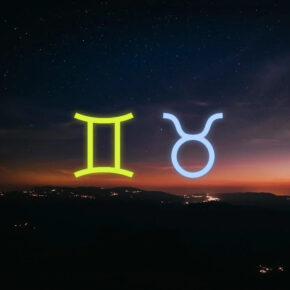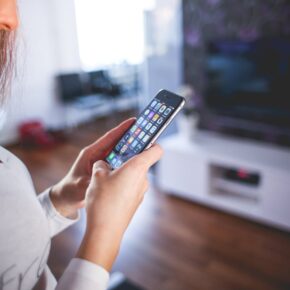“Ellen! John!” Do you ever have that happen where you’re sleeping and all of a sudden you think you hear someone call your name? But when you look around, there’s no one there! Your heart is pounding, and you’re like, “Who said that?”
Science has some ideas for what’s going on, but what about the more spiritual explanations? There are a few options that’ll give you chills, but some of them actually make a little sense, too.
The Science Behind Hearing Your Name In Dreams
During certain stages of sleep, your brain can mistake sounds from the environment for speech. So, that loud noise from outside may have sounded like someone calling your name. While frightening, it’s typically nothing to worry about.
Our sleeping mind is also great at finding meaning, even when there isn’t any. A random sound or word your mind perceives during sleep may be misinterpreted as your name. Our tendency to seek out patterns and meaning is strong, even when we’re not fully conscious.
Theory #1: A Sign of Impending Doom
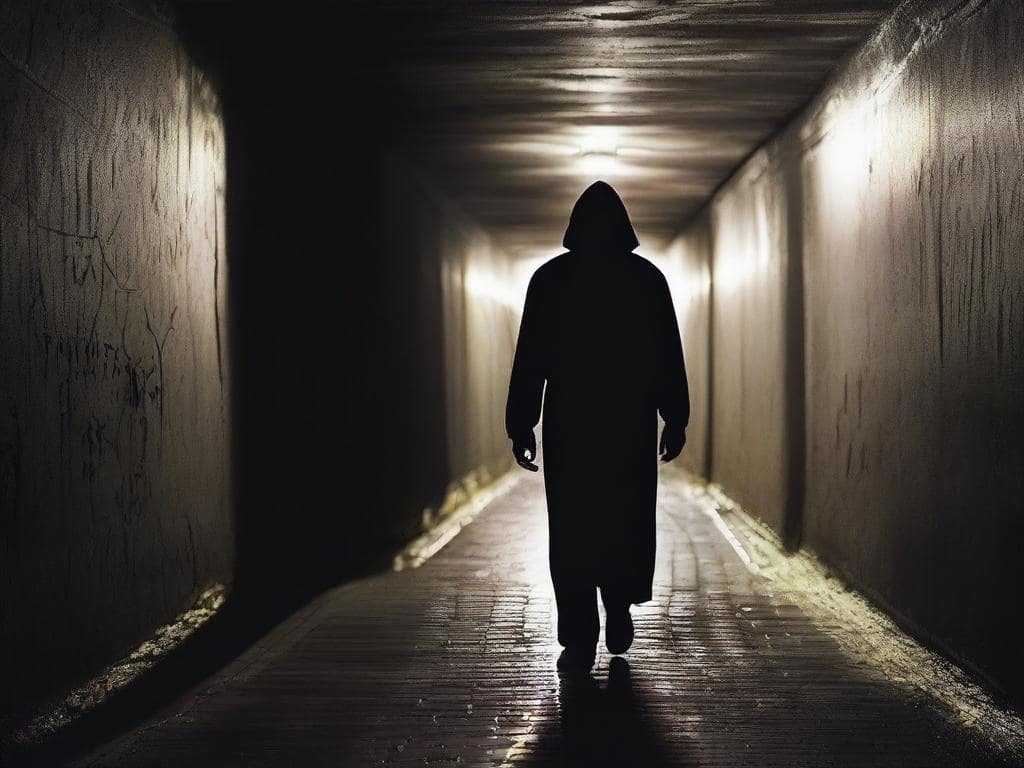
Some people believe hearing your name called out in a dream is a warning of imminent danger or misfortune headed your way. According to several superstitions, it signifies that death or tragedy will soon befall you or someone close to you.
Hearing Is Believing
Dreaming of your name being called is a sign from your subconscious that peril awaits. Your mind is picking up on clues in your waking life that trouble is brewing, even if you haven’t consciously registered them yet. Your name represents your very identity and existence, so hearing it shouted in a dream is a cue to watch your back.
A Grim Omen
Historians point out that interpreting dreams as omens of doom was common in ancient cultures and spiritual beliefs. Many of our modern superstitions stem from these old wives’ tales. While a dream of your name being called could be unsettling, there is no evidence it actually forecasts a catastrophic event in your future.
It is also believed that if you hear your name called in a dream by a familiar voice, like that of a friend or family member, that lends more credence to it being a warning sign from beyond. However, skeptics counter that our sleeping mind has a tendency to conjure up familiar people and places, so hearing your name called by someone you know may simply be a quirk of dream logic – scary but ultimately meaningless.
Theory #2: Your Brain Checking In
Sometimes, hearing your name called in a dream is just your brain’s way of checking in on itself during sleep. As you dream, parts of your brain are still aware of your sleeping state and may call out your name to test if you’re awake or not.
Your brain’s awareness of your surroundings, even when asleep, helps ensure your safety. Hearing your name called is a quick way for your brain to double-check that you’re still asleep and everything is OK. This type of “reality check” helps avoid the confusion that could come from waking up in an unfamiliar place or situation.
Staying Grounded In Dreamland
While dreaming, parts of your brain can become very active, to the point where dream events and environments seem incredibly realistic. Hearing your own name called helps ground you in the knowledge that you are still safely asleep in your own bed. This helps avoid the potential panic that could come from “waking up” in a strange dreamscape.
Your brain may also call out your name to check if your body has changed positions during sleep. As your body moves during sleep, your brain needs to incorporate that into the dream environment. Hearing your name called is a quick way for your brain to resync the dream with your new sleeping position or surroundings.
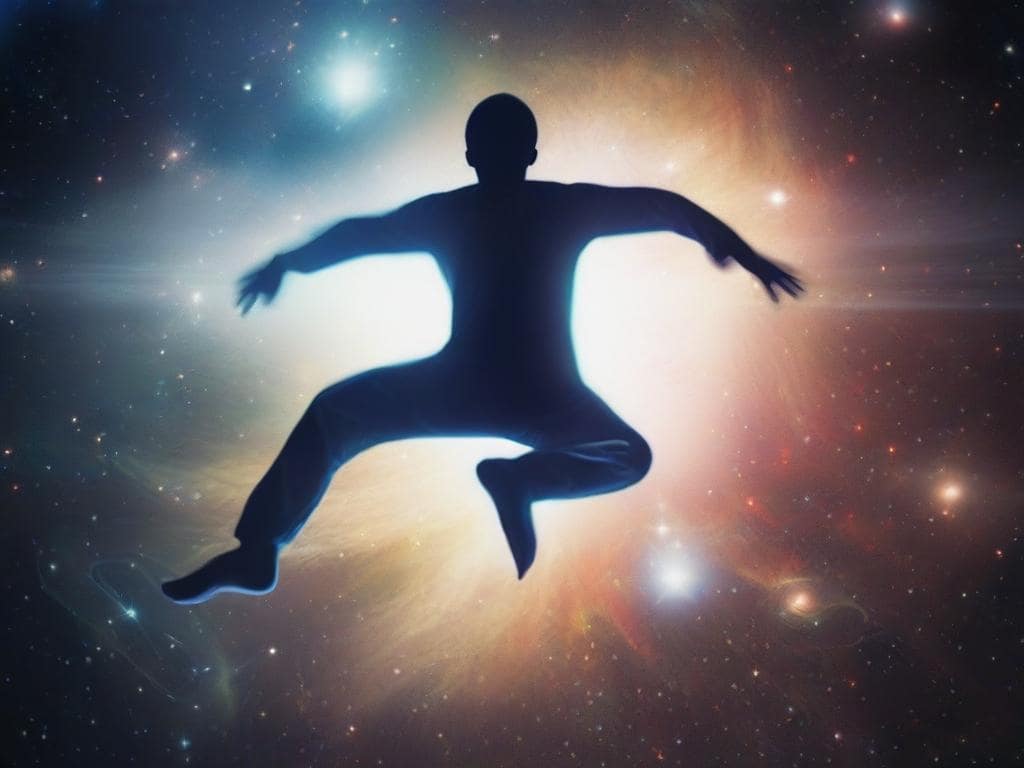
Theory #3: A Spiritual Connection
Other times, hearing your name called in a dream could indicate a spiritual connection or message. According to some spiritual philosophies, our soul or higher self communicates with us through dreams. Hearing your name may be a sign that your spiritual guides or ancestors are trying to get your attention or impart some wisdom.
Messages From Beyond
Perhaps a loved one who has passed on is reaching out to comfort you or let you know they’re still with you in spirit. The dream may contain symbolic messages or clues about your life path or a challenge you’re facing. Pay close attention to the context surrounding hearing your name, any other details in the dream, and how the dream made you feel. Look for patterns and connections that resonate with you.
A Wake-Up Call
Hearing your name in a dream could also serve as an alarm clock of sorts, alerting you that you’re off track or not following your destined path. It may indicate you need to make a change in your life or shift your perspective in some way. Your spiritual guides want the best for you, so try to interpret the message with an open and willing heart. Some quiet reflection or meditation can help provide clarity on the meaning.
Astral Projection
Astral projection is when your spirit basically leaves your physical body and goes traveling around. But you have to be really careful when you do that, because it’s possible to get lost and never find your way back to your body.
If you purposefully go into astral projection, listening for your name being called could be your spirit trying to keep the connection with your physical self so it can return. You don’t want to get stuck wandering around outside your body forever!
Theory #4: It’s A Warning
It’s very common for someone to hear their name called right before an accident. There was one story about a truck driver who fell asleep while driving. Right before he crashed into another truck, he swore he heard someone yell his name, and it woke him up just in time.
Now, when it comes to dreams, this could be a warning sign, too. Maybe it’s your grandparents who passed away trying to get your attention. If you keep dreaming about them calling your name, it could mean something bad will happen if you do whatever you had planned the next day. Especially if other strange things are occurring, too, like seeing repetitive numbers, you may want just to take it easy and avoid any risky activities that day or week.
The next time it happens to you, you’ll have some options for what might be going on. But don’t stress about it too much. Our minds do amazing things when we sleep, and hearing your name could just be one small part of that.


